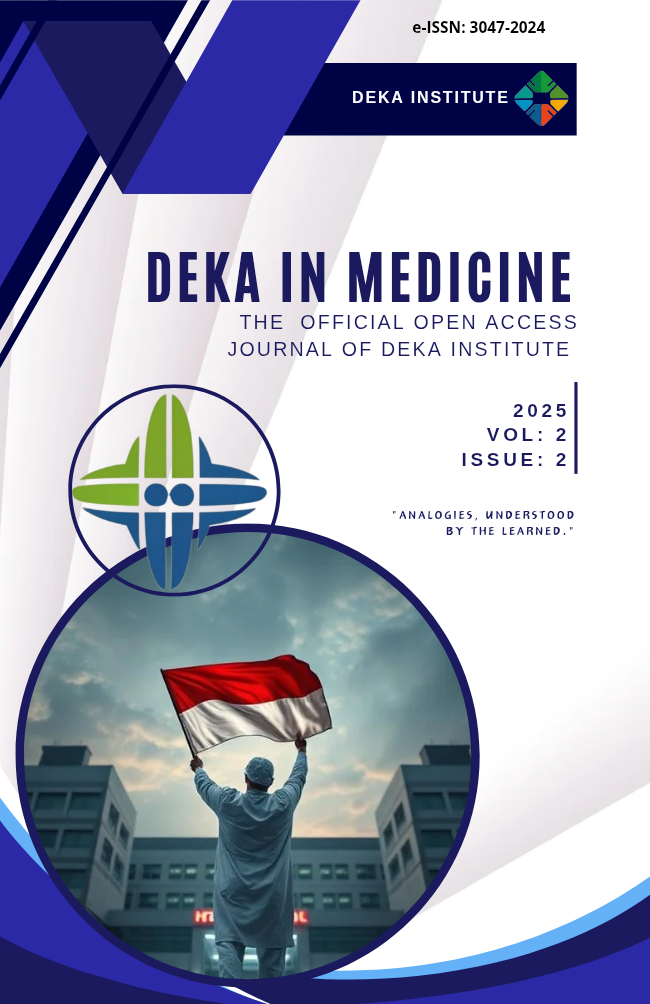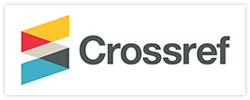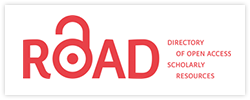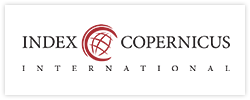
Ethics
Publication Ethics
Deka in Medicine is committed to upholding the principles of publication ethics in accordance with the guidelines established by the Committee on Publication Ethics (COPE). These guidelines are applied throughout the editorial and peer-review process to ensure research integrity and prevent ethical misconduct. Editors are expected to make fair and objective decisions while maintaining the confidentiality of the review process. Authors must guarantee that the submitted work is original, provide proper attribution to relevant sources, and disclose any potential conflicts of interest. Reviewers are responsible for giving objective, constructive feedback while preserving the confidentiality of the manuscript. The publisher supports ethical oversight, ensures a smooth and timely publication process, and safeguards the integrity of the scholarly record. By submitting a manuscript, authors are deemed to have understood and agreed to these principles of publication ethics.
Copyright remains with the authors, and published articles will be made available under the Creative Commons Attribution-ShareAlike 4.0 International License (CC BY-SA 4.0). This license permits others to share (copy and redistribute the material in any medium or format) and adapt (remix, transform, and build upon the material) for any purpose, even commercially, provided that proper attribution is given to the original authors and the work is distributed under the same license terms (share-alike).
1. Ethical Guideline for Journal Publication
The publication of manuscripts in peer-reviewed journals plays a vital role in advancing a reliable and respected body of knowledge. Each article reflects the quality of the authors’ work as well as the support of their affiliated institutions. Peer-reviewed publications form an essential foundation of the scientific process and contribute to its credibility and progress. To maintain integrity and trust in scholarly communication, clear ethical standards are necessary for all participants in the publication process, including authors, editors, reviewers, publishers, and scholarly communities. These guidelines are designed to foster transparency, accountability, and responsible conduct, ensuring that published work can be freely shared and adapted under the Creative Commons Attribution-ShareAlike 4.0 International License (CC BY-SA 4.0). Authors and readers are encouraged to respect and comply with open licensing terms when reusing or adapting published materials.
2. Publication decisions
The editor of Deka in Medicine is responsible for assessing the appropriateness of submitted articles for publication in the journal. These decisions are based on the validation and importance of the research to the scholarly community and readership. Editorial guidelines set by the journal's editorial board, as well as legal obligations such as concerns related to libel, violations of intellectual property, licensing, or attribution requirements, and plagiarism, may impact these decisions. Collaboration with other editors or reviewers is acceptable for discussing publication determinations.
3. Fair play
Editors evaluate manuscripts solely on their intellectual merit, without regard to the authors' race, gender, sexual orientation, religious beliefs, ethnic background, citizenship, or political ideology.
4. Confidentiality
The editor and all members of the editorial team are required to uphold confidentiality regarding any information related to a submitted manuscript. This information is shared only with the corresponding author, reviewers, potential reviewers, other editorial advisors, and the publisher as necessary.
5. Disclosure and conflicts of interest
Unpublished data or materials disclosed in a submitted manuscript should not be used in an editor's personal research endeavors without obtaining explicit written permission from the author of the manuscript.
6. Duties of Reviewers
6.1. Contribution to Editorial Decisions
Peer review assists the editor in making editorial decisions, and subsequent editorial communication with the author can further assist the author in improving the manuscript.
6.2. Promptness
If a selected reviewer feels insufficiently qualified to assess the research presented in a manuscript or foresees being unable to conduct a timely review, it is their responsibility to notify the editor and decline participation in the review process.
6.3. Confidentiality
All manuscripts submitted for review must be treated as confidential documents. They should not be shared or discussed with others unless expressly authorized by the editor.
6.4. Standards of Objectivity
Reviews should be conducted objectively, avoiding personal criticism of the author. Referees should clearly articulate their opinions with well-founded arguments.
6.5. Acknowledgement of Sources
Reviewers are anticipated to identify relevant published works that the authors have not cited. Any statement regarding a previously reported observation, derivation, or argument must be accompanied by the appropriate citation. Moreover, reviewers should inform the editor of any substantial similarity or overlap between the manuscript under review and any other published paper within their awareness. Reviewers should also ensure that materials reused from open-licensed sources are properly attributed according to their license terms.
6.6. Disclosure and Conflict of Interest
Information or insights obtained during peer review should be kept confidential and not used for personal benefit. Reviewers should refrain from evaluating manuscripts if they have conflicts of interest arising from competitive, collaborative, or other connections with any of the authors, companies, or institutions involved in the papers.
7. Duties of Authors
7.1. Reporting standards
Authors of original research reports are required to offer an accurate portrayal of their conducted work and an unbiased discussion of its importance. The manuscript should accurately present the underlying data, providing enough detail and references to allow others to replicate the study. Engaging in fraudulent or knowingly inaccurate statements is considered unethical behavior and is not tolerated.
7.2. Data Access and Retention
Authors are asked to provide the raw data related to their manuscript for editorial assessment and should be willing to make this data publicly available, if possible. Furthermore, authors should be willing to keep such data for a reasonable period after publication.
7.3. Originality and Plagiarism
Authors are accountable for ensuring the complete originality of their work. If authors have included the work and/or words of others, appropriate citation or quotation must be used. Authors are also required to respect the licensing terms of third-party works (e.g., Creative Commons licenses such as CC BY-SA) when reusing or adapting materials, and must provide proper attribution in accordance with those license requirements.
7.4. Multiple, Redundant or Concurrent Publication
Authors should avoid publishing manuscripts that describe essentially the same research in more than one journal or primary publication. Submitting the same manuscript to multiple journals simultaneously is considered unethical publishing behavior and is not acceptable.
7.5. Acknowledgement of Sources
Authors must consistently give credit to the work of others by citing publications that have significantly influenced the nature of the reported work. Attribution must be carried out in accordance with recognized academic standards and, where applicable, must also comply with the requirements of open licenses (e.g., proper credit under Creative Commons licenses).
7.6. Authorship of the Paper
Authorship should be limited to individuals who have made substantial contributions to the conception, design, execution, or interpretation of the study being reported. All contributors who have made significant contributions should be acknowledged as co-authors. Individuals who have participated in specific substantive aspects of the research project should be acknowledged or listed as contributors. The corresponding author is responsible for ensuring that all appropriate co-authors are included in the paper and that no inappropriate co-authors are included. Additionally, the corresponding author must confirm that all co-authors have reviewed and approved the final version of the paper and have agreed to its submission for publication.
7.7. Hazards and Human or Animal Subjects
If the research involves chemicals, procedures, or equipment with any unusual hazards inherent in their use, the author must clearly identify these within the manuscript.
7.8. Disclosure and Conflicts of Interest
All authors must disclose any financial or other significant conflicts of interest in their manuscript that could potentially influence the results or interpretation of their work. Additionally, all sources of financial support for the project must be disclosed.
7.9. Fundamental errors in published works
If an author discovers a significant error or inaccuracy in their published work, it is their responsibility to promptly notify the journal editor or publisher and work with them to retract or correct the paper.























